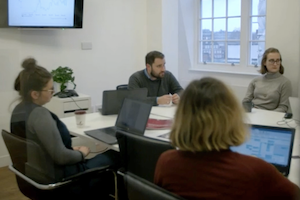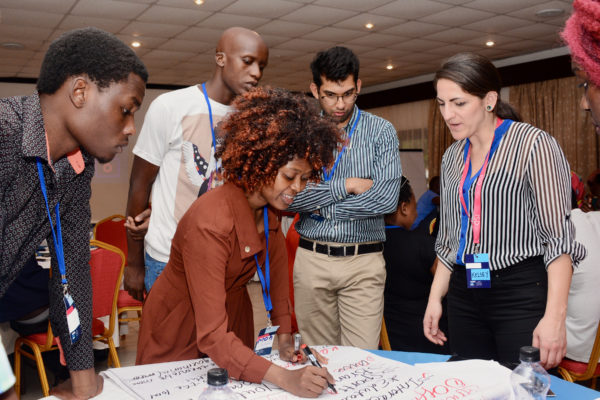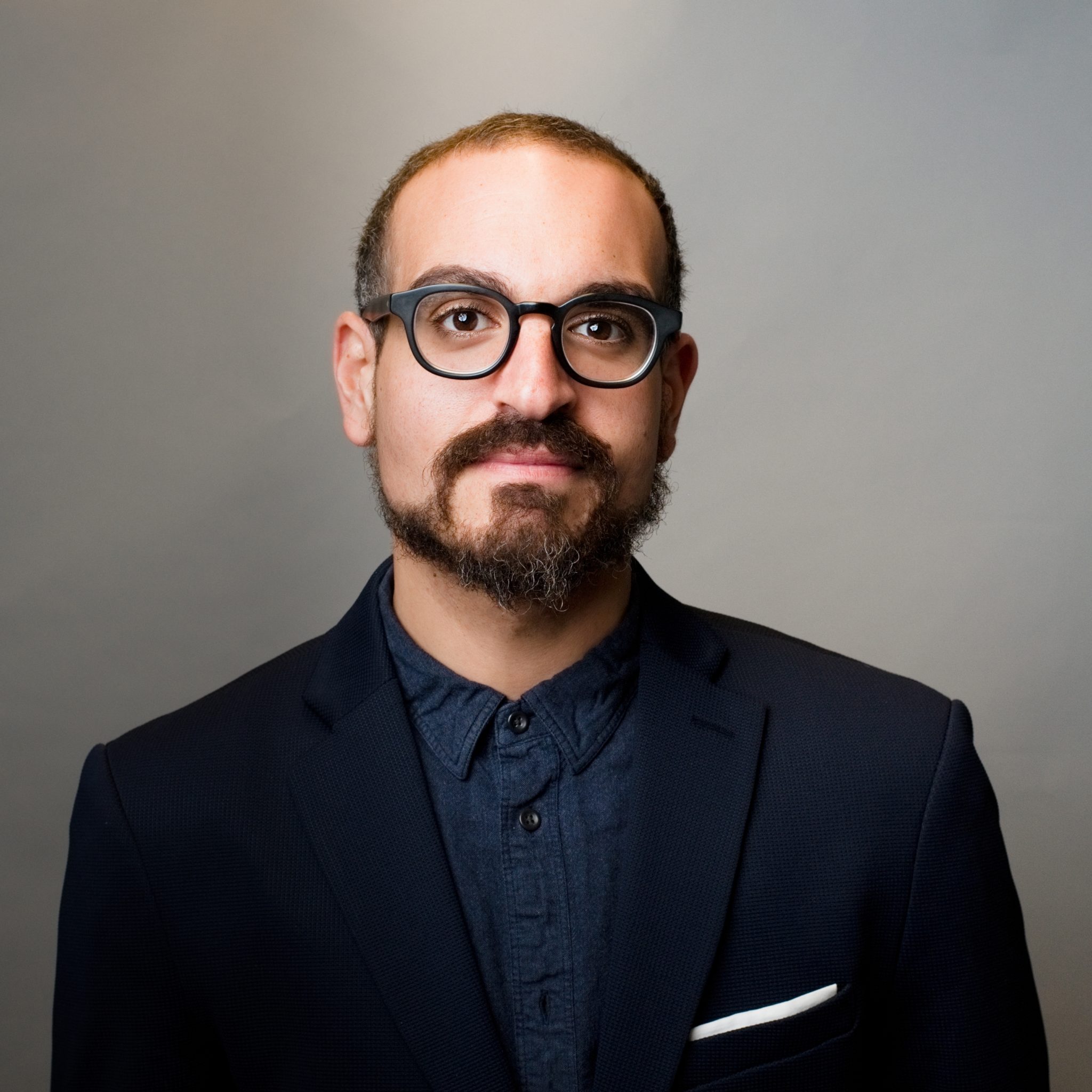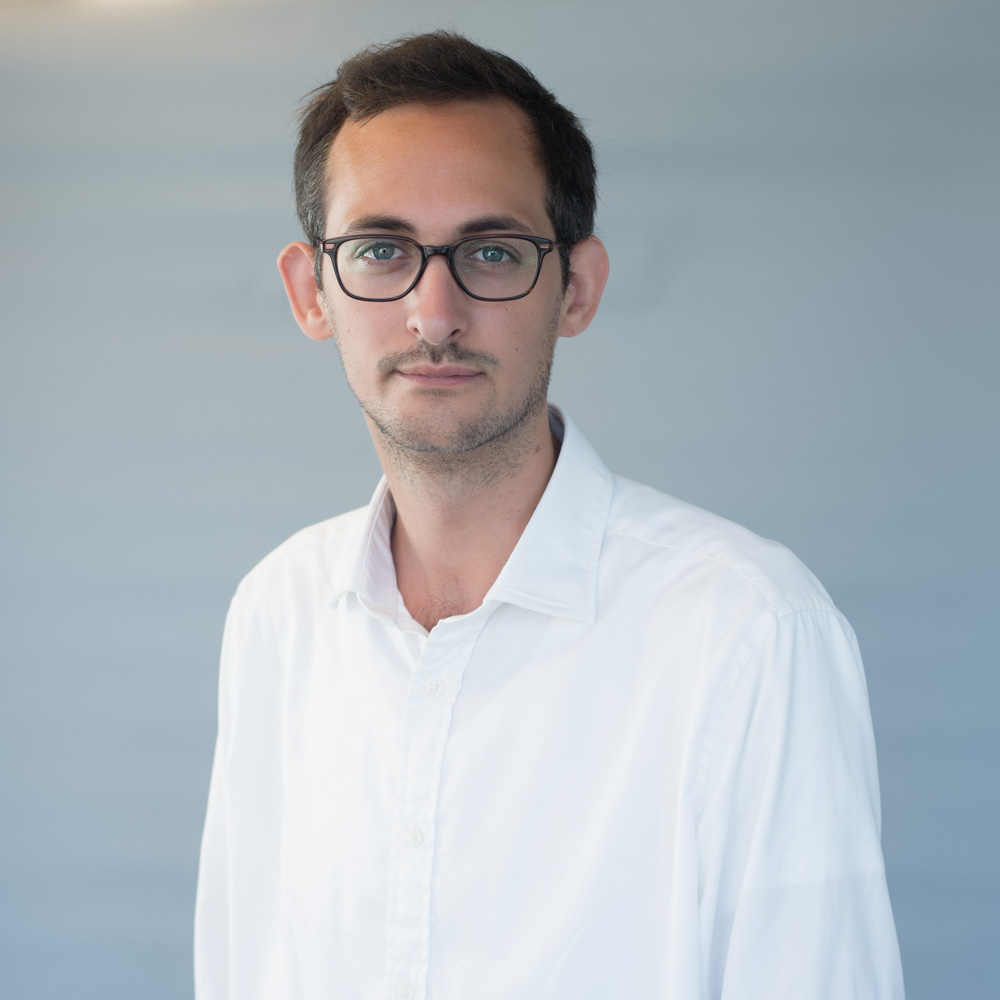Research & Analysis
ISD research combines in-depth analysis with cutting-edge technology to monitor and understand global trends in extremism, polarisation, hate and disinformation.
Our research has been consistently ahead of the curve, predicting developments in extremism and informing global responses to emerging challenges.
ISD’s research combines world-leading expertise in these fields with the latest artificial intelligence and online research techniques, analysing data across social media at speed and scale. This includes the established technology giants, as well as emergent or fringe platforms that dominate the ‘alt media.’ With tech and academic partners, we have built tools to map online extremist ecosystems, from mainstream social media to encrypted and dark web ‘alt-tech’ platforms.
We feed insights from our global networks of policymakers, practitioners and grassroots organisations directly into our research, helping inform our understanding of different problems and the effectiveness of different solutions.
Our research has a strong ethical framework and is action-focussed, with transparent methods and objectives. ISD’s research is built on three core pillars: knowledge, tools and networks.
-
Knowledge
Our multi-disciplinary team of researchers combine ethnographic, qualitative and quantitative methodologies with world-leading expertise that stretches from violent extremism through to polarisation, hate speech and disinformation. -
Tools
Our analysis uses both commercial products and bespoke tools. We have built tools to map online extremist ecosystems, from mainstream social media to encrypted and dark web ‘alt-tech’ platforms and fringe sites spreading disinformation. -
Networks
We share our insights with a range of audiences to help them improve their responses to these threats. This includes ‘data dashboards’ for local governments; trend briefings for counter-hate organisations; education resources for schools and youth groups; and media reporting for the public.

ISD’s Digital Analysis Unit as featured in a BBC documentary, 2020

ISD youth networks, such as YouthCAN, are among the beneficiaries of our digital insights
- Primary Research and Data Sets
Anthropological research and primary data-sets inform our programming and strategic interventions. These include extensive research on transnational white supremacist and Islamist extremist movements, disinformation, ISIS foreign fighters and their families. - Digital Analysis Unit
ISD’s Digital Analysis Unit is dedicated to better understanding how extremist and hate groups use technology. We combine a team of leading ethnographic researchers with the latest audience mapping, targeting and evaluation technology in order to monitor and respond to online bad actors in real-time. - Hate Observatory
The Hate Observatory is an open access database of far-right activity created in collaboration with MIT’s Civic Media Center.
ISD’s research team

Moustafa Ayad
Executive Director; Africa, the Middle East and Asia (AMEA)






Jiore Craig
Resident Senior Fellow, Digital Integrity






Rashad Ali
Senior Fellow






Milo Comerford
Director of Policy & Research, Counter-Extremism






Jacob Davey
Director of Policy & Research, Counter-Hate






Henry Tuck
Director of Digital Policy






Jakob Guhl
Senior Manager, Policy & Research






Helena Schwertheim
Senior Digital Policy and Research Manager






Cécile Simmons
Research Manager



